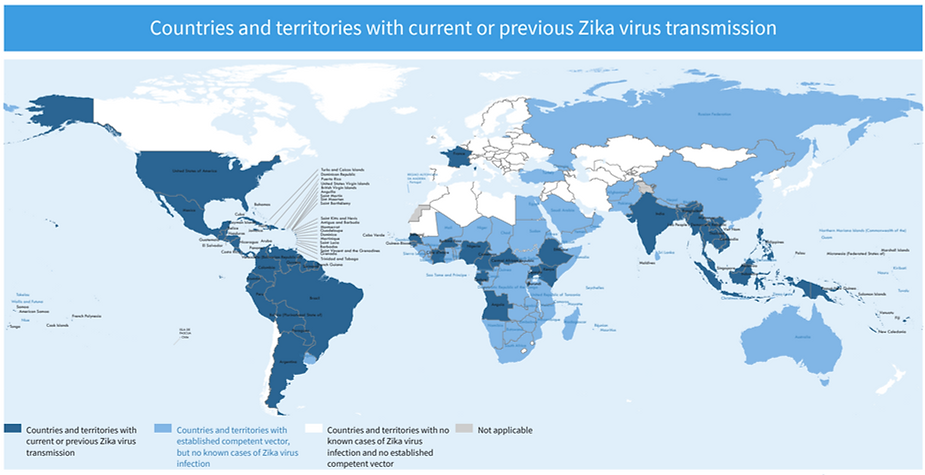Start your journey on the right foot by selecting a travel destination that has a lower risk of Zika virus transmission. Research the Zika-affected regions and assess the current situation. The UK government’s travel advice website is an excellent resource for up-to-date information on Zika-affected areas.
Zika-carrying mosquitoes are more active during the rainy season, so plan your trip during the dry season if possible. Dry weather can significantly reduce the mosquito population, lowering your risk of exposure.
Wearing long-sleeved shirts and pants can provide physical protection against mosquito bites. Choose lightweight, breathable fabrics to stay comfortable in tropical climates.
Before heading outdoors, apply a mosquito repellent containing DEET, picaridin, or oil of lemon eucalyptus. Make sure to reapply as instructed on the product label. Also, consider treating your clothing with permethrin for added protection.
Choose accommodations with air conditioning and window and door screens to keep mosquitoes out. If you’re staying in more rustic settings, use bed nets treated with insect repellent.
Zika-carrying mosquitoes are most active during dawn and dusk. Plan your outdoor activities accordingly to minimize your exposure during these times.
Zika can be sexually transmitted. If you or your partner are pregnant or planning to become pregnant in the near future, use condoms during your trip and for a specific duration upon your return, as recommended by healthcare professionals.
Stay up-to-date with the latest news and information about Zika virus and its transmission in your chosen destination. This will help you make informed decisions during your trip.
Before your trip, visit a reputable travel health clinic in the UK for personalized advice and vaccinations. They can provide valuable insights into the specific risks of Zika in your chosen destination and recommend appropriate precautions.
After returning to the UK, be vigilant about any unusual symptoms. If you experience symptoms such as fever, rash, joint pain, or red eyes within two weeks of returning, seek medical attention immediately and inform your healthcare provider of your recent travel history.

